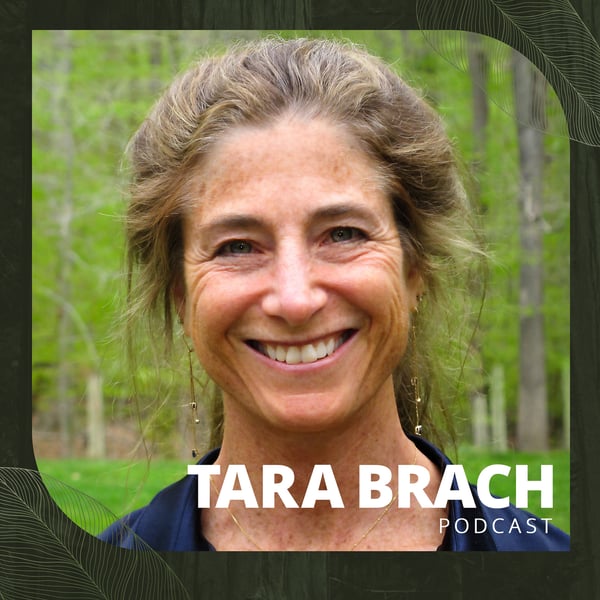Hands Off the Controls
Tara Brach
Tara Brach
4.8 • 10.6K Ratings
🗓️ 14 November 2012
⏱️ 56 minutes
🧾️ Download transcript
Summary
Transcript
Click on a timestamp to play from that location
| 0:00.0 | This weekend I was at Cropollo doing a couple of times a year, I do a weekend that's actually |
| 0:22.8 | applied meditation, it's bringing meditation to the challenges of life. |
| 0:29.2 | There were a number of people there with the normal chronic stressors of life, but a notable number that came with very, very difficult losses and pending losses. |
| 0:44.2 | One friend, her niece, who was 27 years old, had just died of an overdose and other parents grappling with children's struggle with drugs, |
| 0:58.2 | with mental illness. People came, a few of them had been hit really hard by Hurricane Sandy and lost a lot, including one who lost her home that mentioned it. |
| 1:10.2 | And people dealing with divorce, with custody, struggles, and what happened that always happens, and it's because of the power of paying attention, is that by the end of the weekend, |
| 1:27.2 | I had so many people say, you know, I'm going back home and it's exact same circumstances, and there's more space in my heart and mind for what's going on. |
| 1:38.2 | You're just more kindness, more clarity, more of a sense of just being able to take the next step from a place of intuition and intelligence. |
| 1:53.2 | And I mention this because, first off, bearing witness to people struggling with these very huge things and sensing the possibility of finding more freedom in the midst is what gives faith. |
| 2:11.2 | And for each, you know, the pathway to refuge was that through the weekend, more than their used to, they were learning to stay with and contact what was going on inside them. |
| 2:28.2 | So the healing happens when we learn to stay, when we, I use the words attend and befriend. |
| 2:37.2 | And last class, the title of the last class was practical Dharma for stressful times, and this class is a Dharma for really stressful times, it's going to enlarge it a little bit. |
| 2:54.2 | But really, the question is, when life is really out of our, clearly out of our hands, there's just no way that we can manage, how do we shift from that way that we're addicted to trying to control things anyway? |
| 3:10.2 | How do we shift from this trying to control our life to responding from presence? Staying, coming home. |
| 3:20.2 | So that'll be the inquiry. The Buddha described our suffering as wanting life different. |
| 3:30.2 | And the way it expresses itself is this continual reactivity we're in where we're trying to get more pleasantness and push away what's unpleasant and basically manage our moment moment experience. |
| 3:44.2 | In a way, it's quite rare when we put it all down and there's just a sense of letting it all happen. |
| 3:53.2 | Most of the time there's a sense of an egoic self who's navigating and trying to make it work out. |
| 4:00.2 | So that's quite natural, and it's interesting to start investing, so what is it we're trying to control really? |
| 4:08.2 | And what is it that we're so that feels like we just have to make sure we're on top of? |
| 4:15.2 | And when I investigate what comes up most poignantly is that the controlling is to avoid the loss that's inevitable. |
| 4:30.2 | That every one of us is in this impermanent, fleeting existence and whether we're facing it or not in the back of our awareness is going, going gone, that these bodies, these minds, the people we love, it's all temporary. |
... |
Please login to see the full transcript.
Disclaimer: The podcast and artwork embedded on this page are from Tara Brach, and are the property of its owner and not affiliated with or endorsed by Tapesearch.
Generated transcripts are the property of Tara Brach and are distributed freely under the Fair Use doctrine. Transcripts generated by Tapesearch are not guaranteed to be accurate.
Copyright © Tapesearch 2025.

